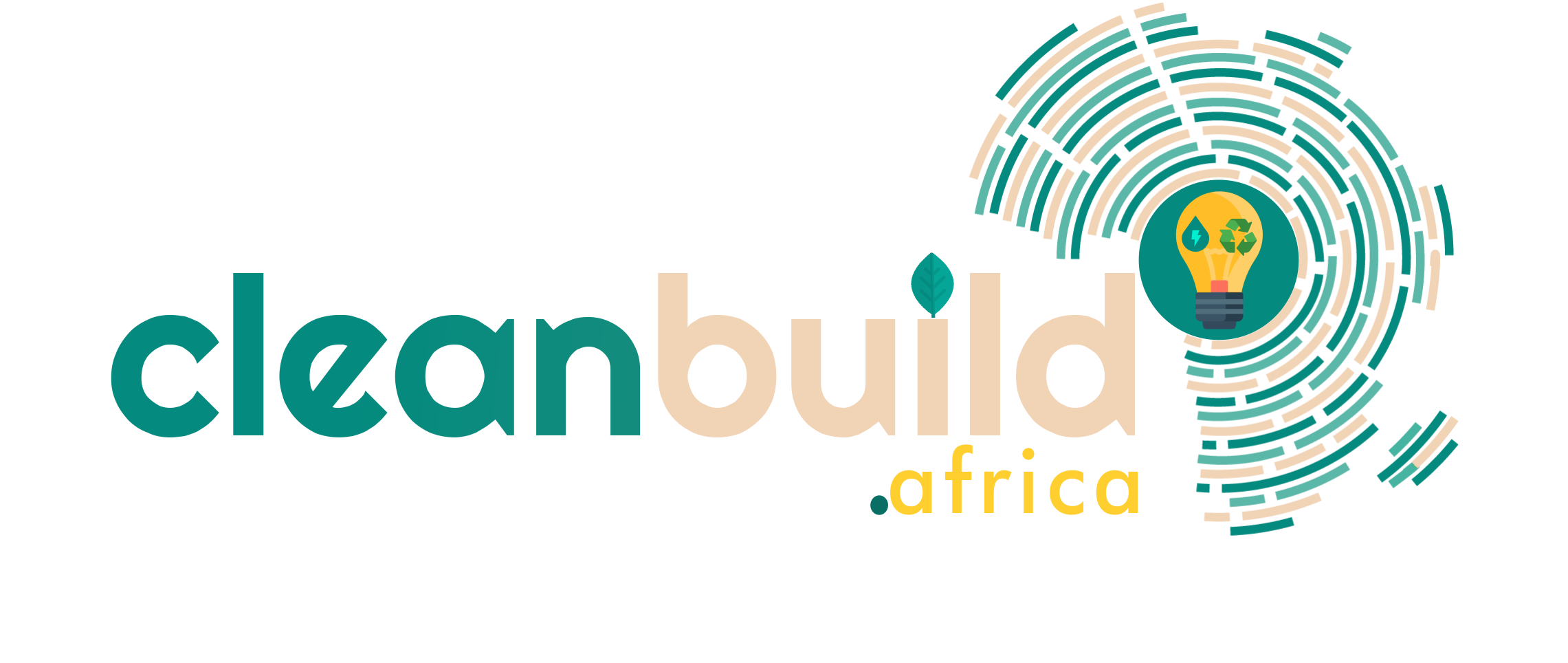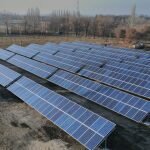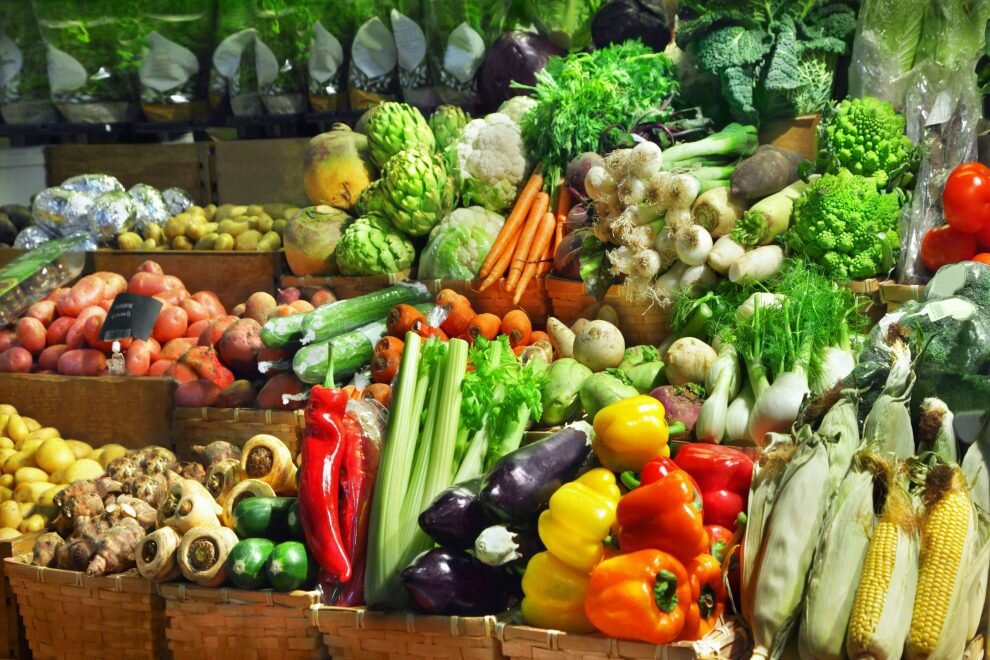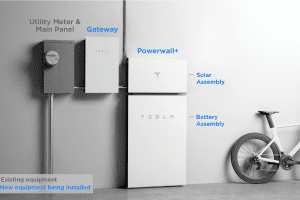The possibility of getting reliable access to safe, affordable, and nutritious food is linked to a predictable climate and healthy ecosystems. On the other hand, climate change and associated severe weather, droughts, floods continue to threaten the production of food, especially in the world’s most vulnerable communities.
In response to the food crisis, Nestlé had laid out its plans to support and accelerate the transition to a regenerative food system – one that aims to protect and restore the environment, improve the livelihoods of farmers and enhance the well-being of farming communities.
Nestlé will work with its food system partners, including the company’s network of more than 500,000 farmers and 150,000 suppliers, to advance regenerative farming practices at the heart of the food system. As part of this journey, the company will also initiate new programs to help address the social and economic challenges of the transition.
The announcement is being made in preparation for the upcoming UN Food Systems Summit in New York, as part of Nestlé’s contribution to help achieve the Sustainable Development Goals (SDGs) by 2030. It also follows the recent report from the United Nations’ Intergovernmental Panel on Climate Change that shows the climate crisis is intensifying.
“We know that regenerative agriculture plays a critical role in improving soil health, restoring water cycles, and increasing biodiversity for the long term,” said Paul Bulcke, Chairman of Nestlé. “These outcomes form the foundation of sustainable food production and, crucially, also contribute to achieving our ambitious climate targets.”
Leveraging cutting-edge technology to reduce its greenhouse gas emissions at the farm level
Nestlé is a signatory of the UN Business Ambition for 1.5°C pledge and was one of the first companies to share its detailed, time-bound climate plan in December 2020. The company is taking measures to halve its emissions by 2030 and achieve net-zero by 2050.
“With our long-standing partnerships with farming communities globally, we want to increase our support for farming practices that are good for the environment and good for people,” said Mark Schneider, Nestlé CEO. “In the spirit of enabling a just transition, it is vital that we support farmers around the world that take on the risks and costs associated with the move towards regenerative agriculture.”
Nestlé is investing CHF 1.2 billion over the next five years to spark regenerative agriculture across the company’s supply chain, using three primary levers to help farmers adopt regenerative practices:
- Application of state-of-the-art science and technology to provide technical assistance: Leveraging its vast network of R&D experts and agronomists, Nestlé is, for example, developing higher-yielding coffee and cocoa varieties with lower environmental impact and assessing novel solutions to reduce emissions in the dairy supply chain. Nestlé will also offer agricultural training and help farmers exchange information and best practices that can be adapted locally.
- Offer investment support: The transition to regenerative agriculture comes with initial risks and new costs. Nestlé will support farmers by co-investing with them, facilitating lending, or helping them obtain loans for specific equipment. The company will also work with partners to fund pilot projects to test and learn how best to advance regenerative agriculture.
- Pay premiums for regenerative agriculture goods: Nestlé will offer premiums for many raw materials produced using regenerative agriculture practices and buy bigger quantities. This means rewarding farmers not only for the quantity and quality of ingredients but also for the benefits they provide to the environment through soil protection, water management, and carbon sequestration.
In recent times, Nestlé published the most important regenerative farming practices that the company wants to promote. They include, among others, enhancement of biodiversity, soil conservation, regeneration of water cycles, and integration of livestock. Agriculture accounts for nearly two-thirds of Nestlé’s total greenhouse gas emissions, with dairy and livestock making up about half of that. Nestlé is assessing cutting-edge science and technology to reduce emissions at the farm level.
In Central and West Africa, Nestlé’s focus is to ensure the supply of local agricultural materials, create inclusive livelihoods for smallholder farmers (SHFs), women and youth while protecting environmental resources.
Since 2015, we have been able to impact more than 56,000 beneficiaries under our Grains Plan in Nigeria and Ghana through mentorship, training on agricultural practices, and provision of inputs. We also extend our support to young agripreneurs through training, business development, and the provision of inputs. More than 2000 of these young agripreneurs involved in maize, coffee, and cocoa farming are already part of this promising journey.
Under our Cocoa Plan in Côte d’Ivoire and Ghana, we have started income diversification activities like vegetable production, animal rearing, and beekeeping as alternative sources of income for farmers, ensuring resilience and improved livelihoods among cocoa producing communities. We also promote financial independence initiatives through the implementation of Village Savings and Loan Associations (VSLAs) which serve as a community-based “saving/borrowing” mechanism allowing farmers to build better lives for themselves and their communities.
To further promote regenerative agricultural practices, we have, in the last 3 years, distributed more than 600,000 shade trees that protect cocoa trees and store carbon in the soil, improving biodiversity. We also encourage farm crop diversification by providing 7,000 fruit crop seedlings to be integrated into cocoa farms including. With our network of agronomists and our partners, we will strengthen the implementation of these programs throughout the Central and West Africa region.
Supporting farming communities through new living income and youth programs
Regenerative agriculture contributes to a regenerative food system, which should be fair and transparent for all participants. Nestlé is committed to supporting improved and diversified farmer incomes through its sustainability programs. Furthermore, Nestlé will implement new living income programs for farmers in its value chain to make farming more attractive. Later this year, Nestlé will unveil specific plans for its coffee and cocoa supply chains.
To support young people who are passionate about farming, Nestlé is launching a new training platform in November to attract and train the next generation of farmers. The training will focus on regenerative agriculture practices and improving the resilience of farms to climate change for more than 40,000 farmers participating in one of Nestlé’s agripreneurship programs.
Nestlé’s regeneration efforts are launching under the umbrella title of “Generation Regeneration” focused on farmers, youth, consumers, and its own employees.




















